You might be considering a safety deposit box as a way to keep your sentimental or valuable items safe. However, they might not be as secure or beneficial as you’d first think. These 20 reasons show why you should use a different storage option instead of safety deposit boxes.
You Can’t Access Them All The Time
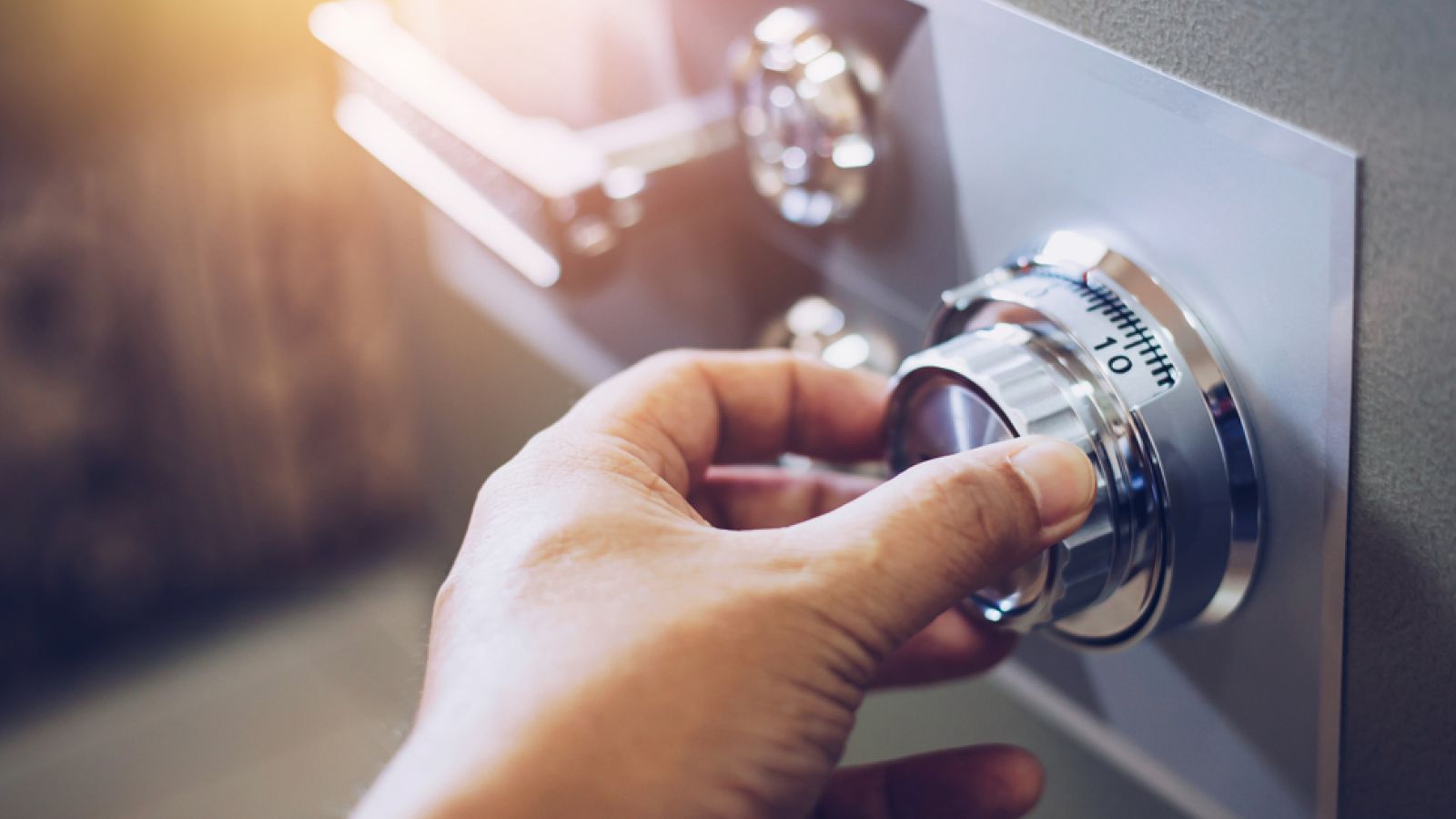
Your safety deposit box will likely be in a bank, a post office, or a similar business. These places have strict opening hours and might not be available on holidays or weekends. Checking on your valuables may even require an appointment, which isn’t convenient at all.
Natural Disasters Could Damage Your Box
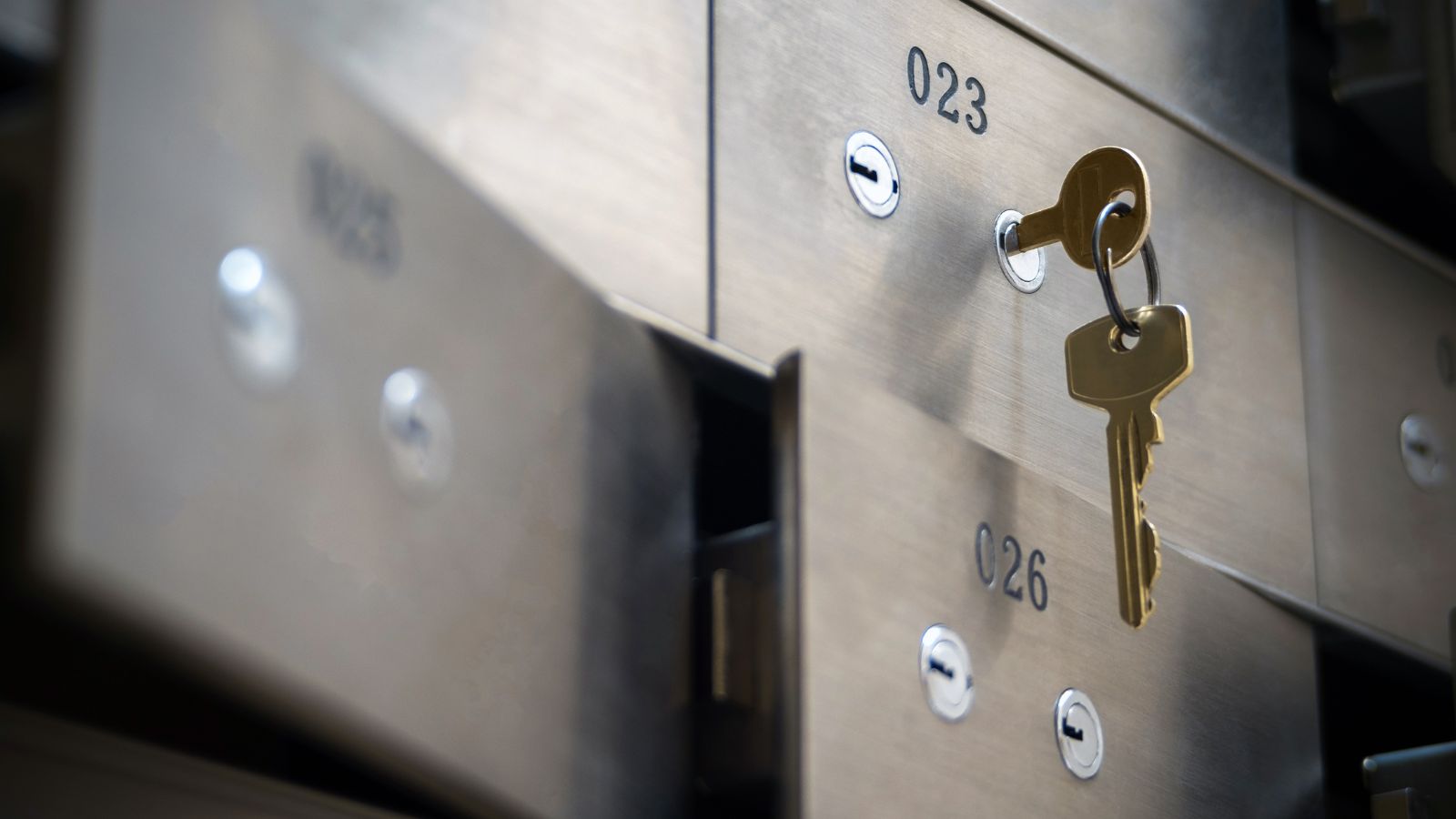
Investopedia suggests that most safety deposit boxes are in bank vaults that are “reinforced to withstand fire, floods, hurricanes, tornadoes, and other natural disasters.” However, not all boxes are insured against every natural disaster that could take place, so if the building your box is in gets heavily damaged, your items may not be safe.
Annual Fees Can Be Expensive
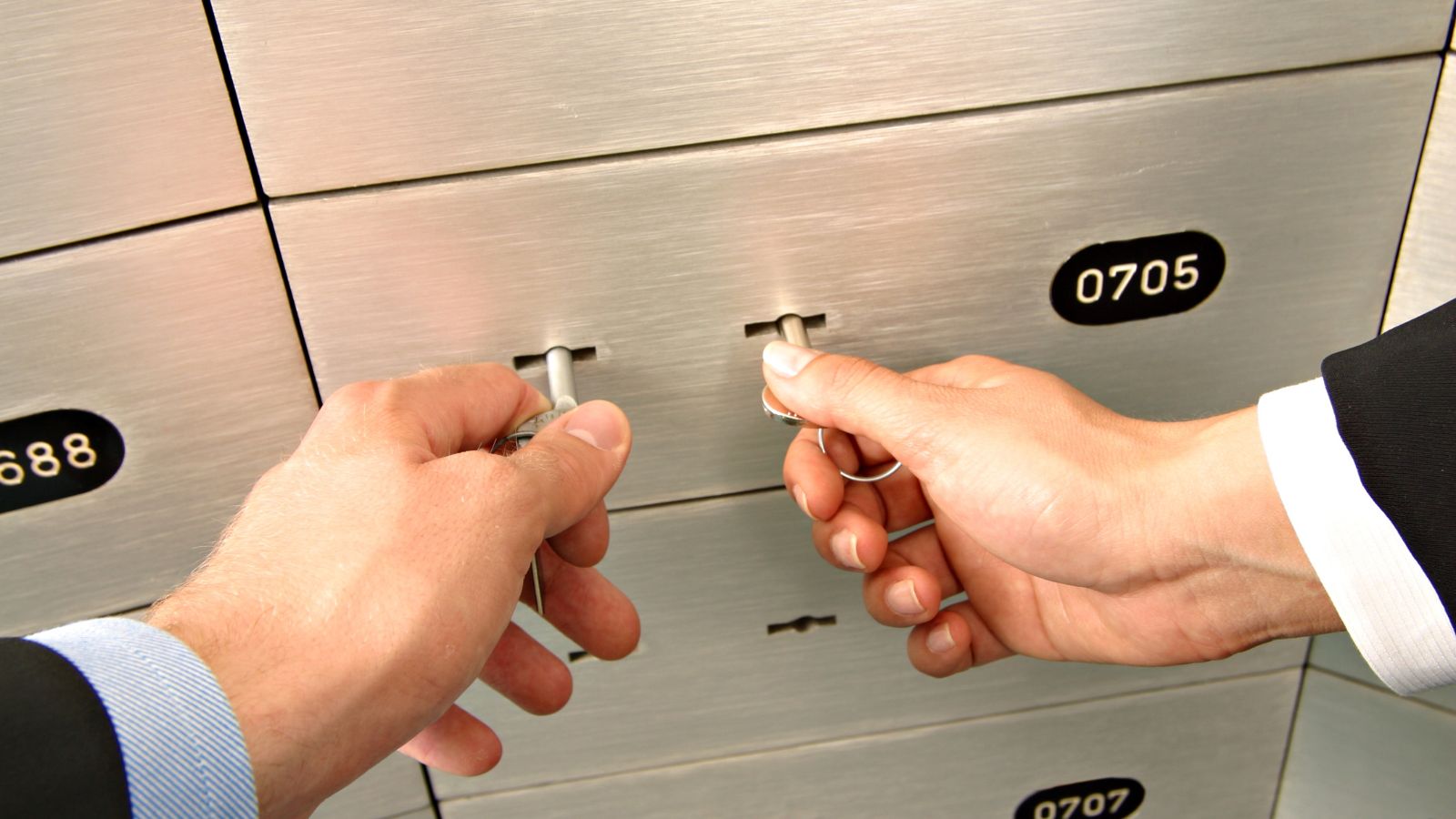
Although most safety deposit boxes don’t have especially high fees, you’ll likely be renting the box for a while. Over time, those fees can add up, and you might be charged more if you lose your keys or make a late payment. If you need a larger box, this will also be more expensive.
Legal Issues If You Pass Away
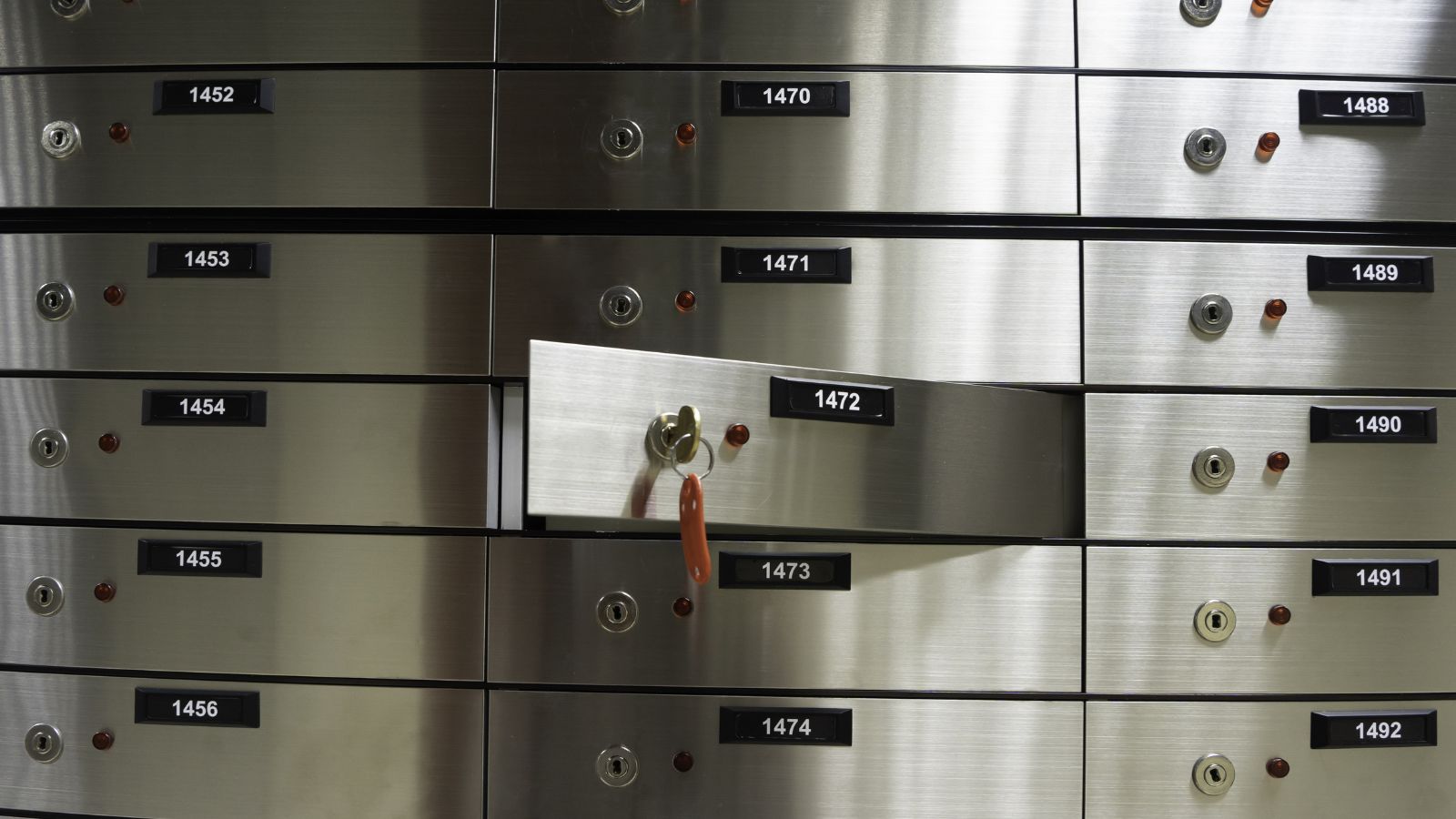
You might not want to think about what’ll happen to your safety deposit box if you pass away. However, if you have children or other family members to whom you want to pass your sentimental and valuable items, safety deposit boxes can be complicated. You’ll have to do plenty of research in advance.
Insurance Can Be Complicated

Insurance is tricky with safety deposit boxes. The Federal Deposit Insurance Corporation warns that they’re “not insured by FDIC deposit insurance if damaged or stolen.” You’ll often need to arrange separate insurance for your items, which can be costly and time-consuming.
They’re Not Always Private
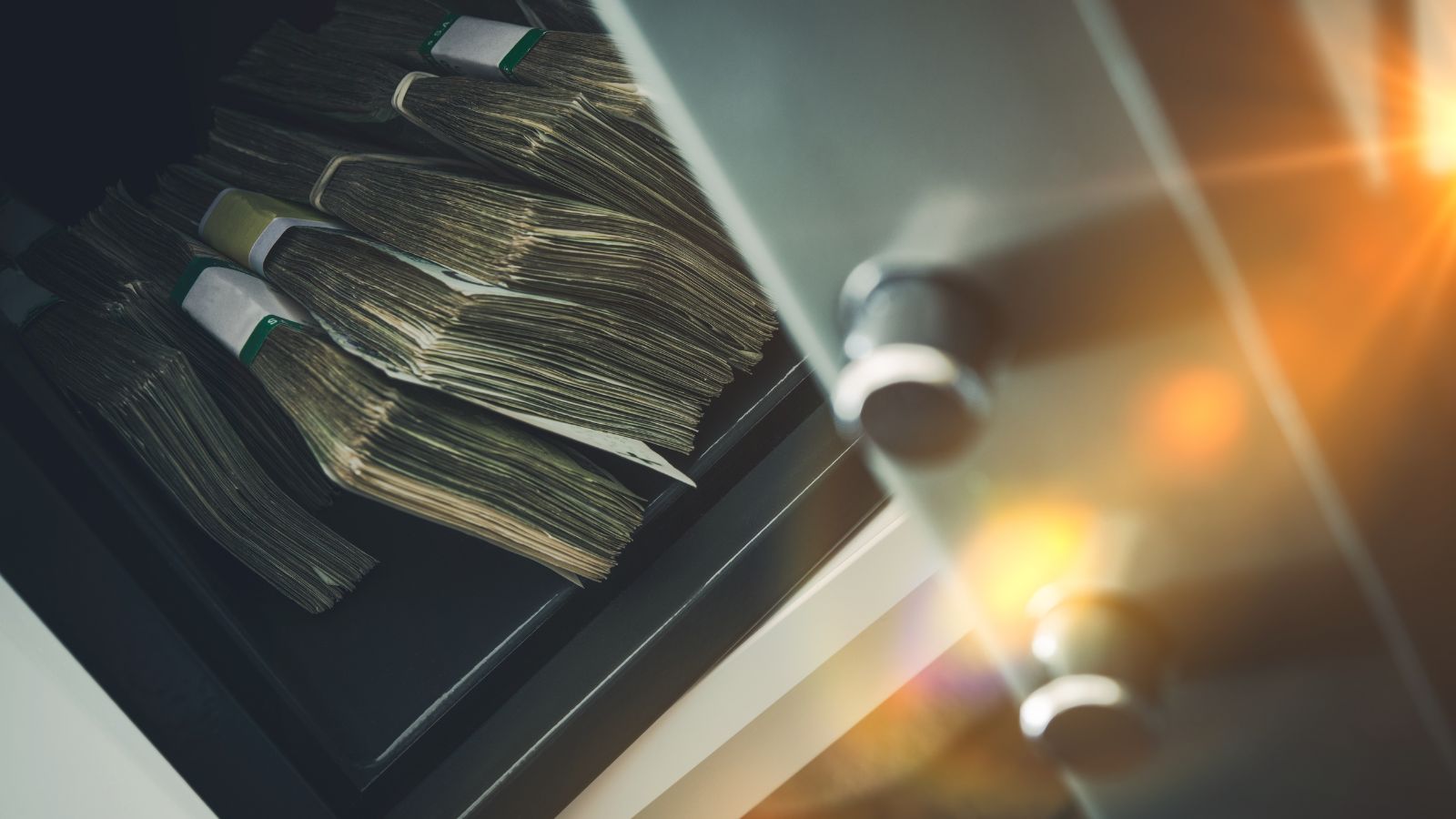
Some Americans assume that everything kept in a bank will always remain private. However, bank records can be subpoenaed, and bank employees could accidentally give out information about your security deposit box. In addition, bank audits and inspections could mean your box is less private than you think.
Your Bank/Post Office Could Close
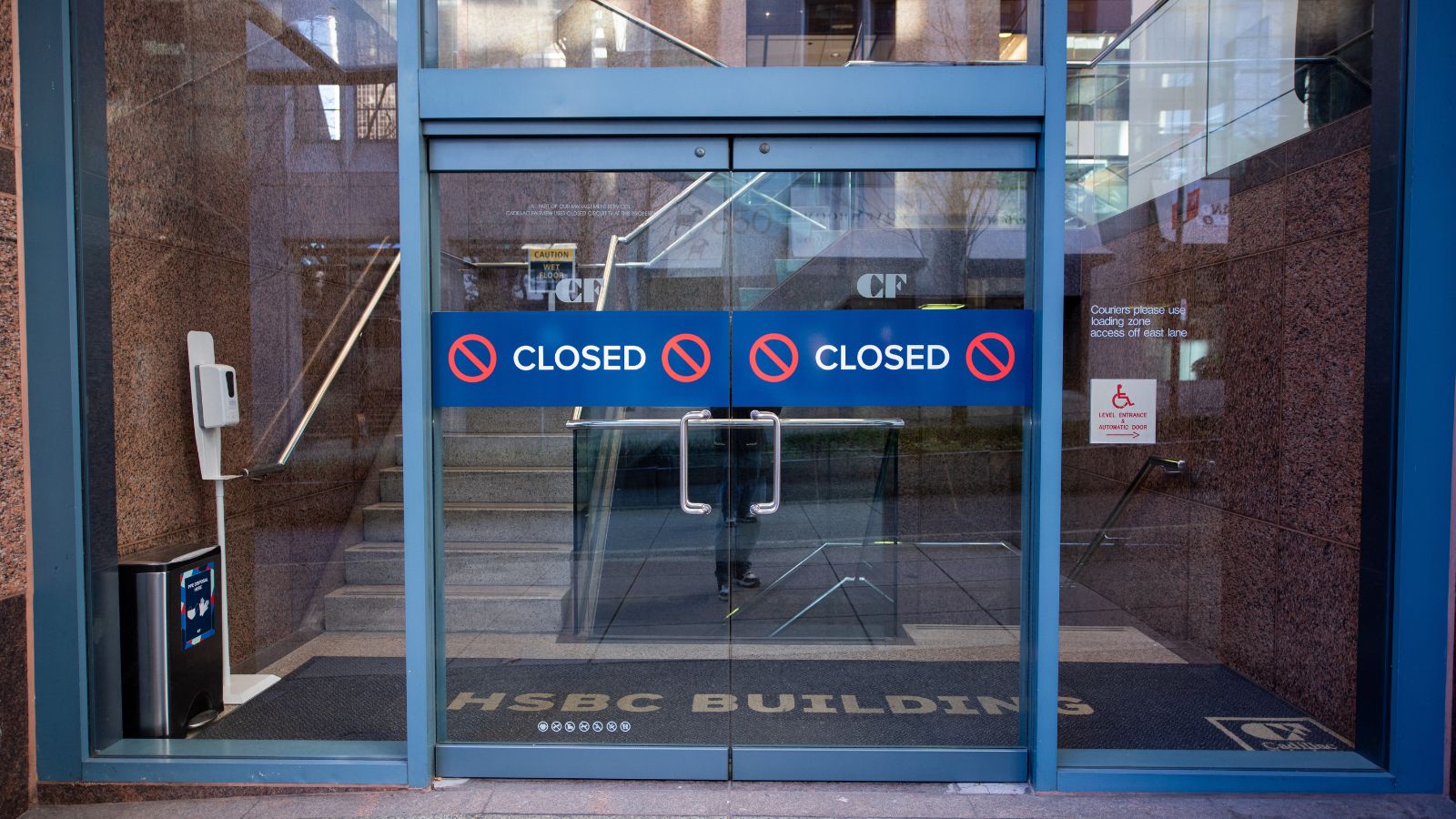
Depending on where your safety deposit box is, you could run the risk of losing access if the business looking after it closes or becomes insolvent. The business could also be restructured, which can cause delays in getting access to your items.
They Might Not Have The Right Size
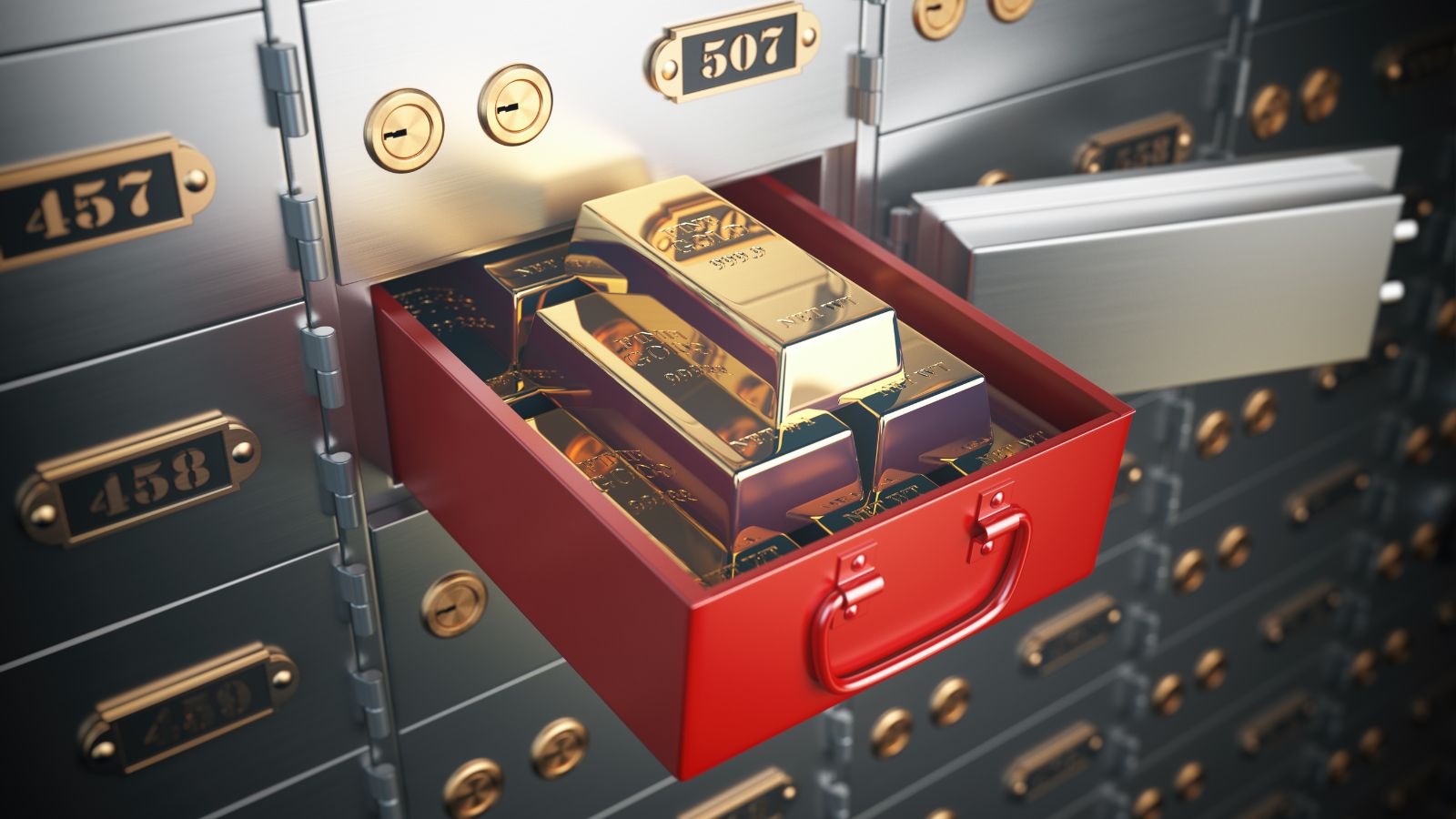
If you want to store a large item or collection of items, then you might run out of luck with safety deposit boxes. The available sizes will vary depending on where your box is, and having to rent several boxes can quickly cause your costs to spiral.
Modern Security Features Are Missing
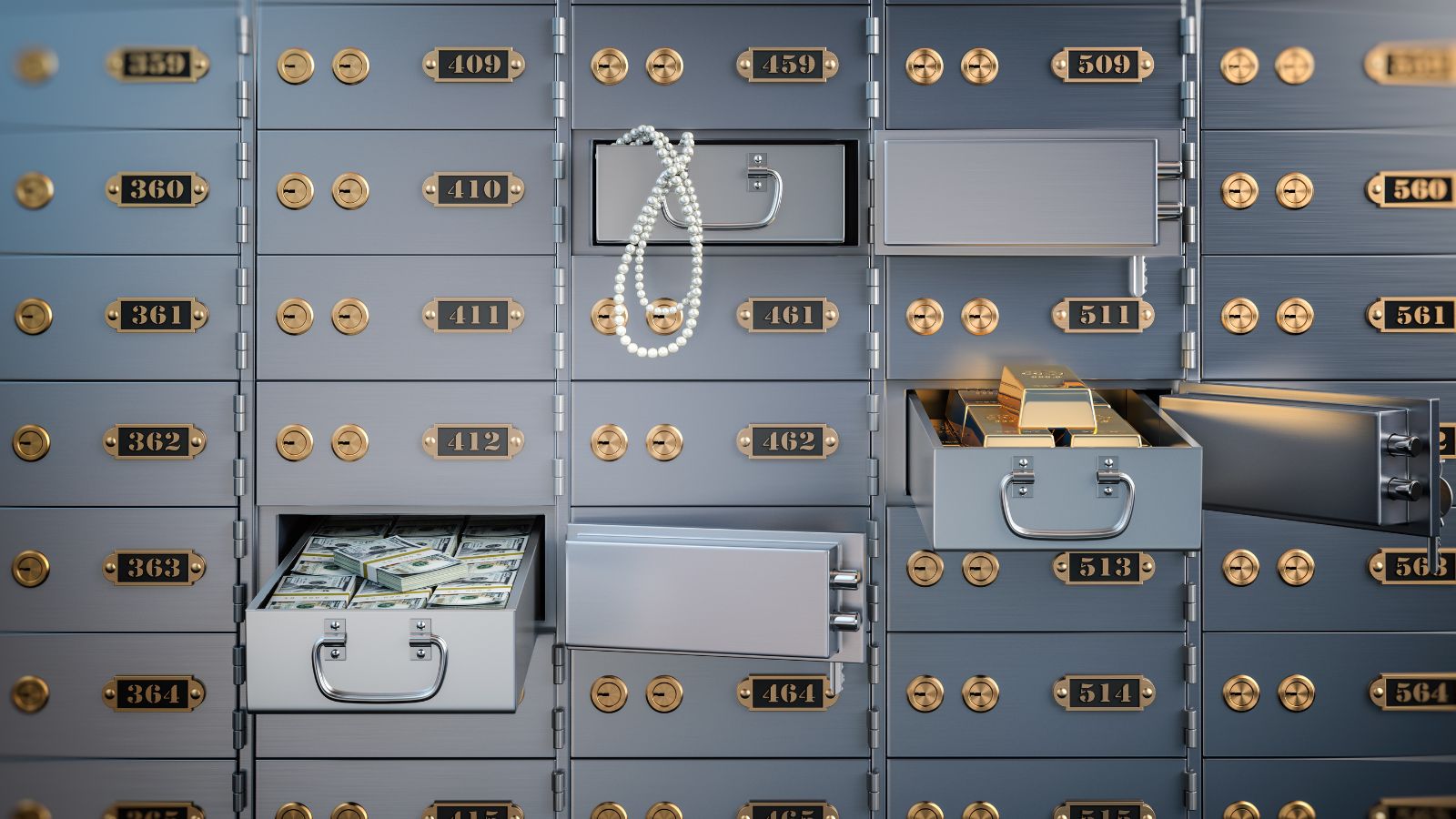
The BBC describes safety deposit boxes as “a relic of the past” and says that “the security requirements are also onerous for banks for whom looking after the boxes is no longer part of their core business.” Non-specialized businesses may lack modern security features for their boxes.
Your Items Could Be Stolen
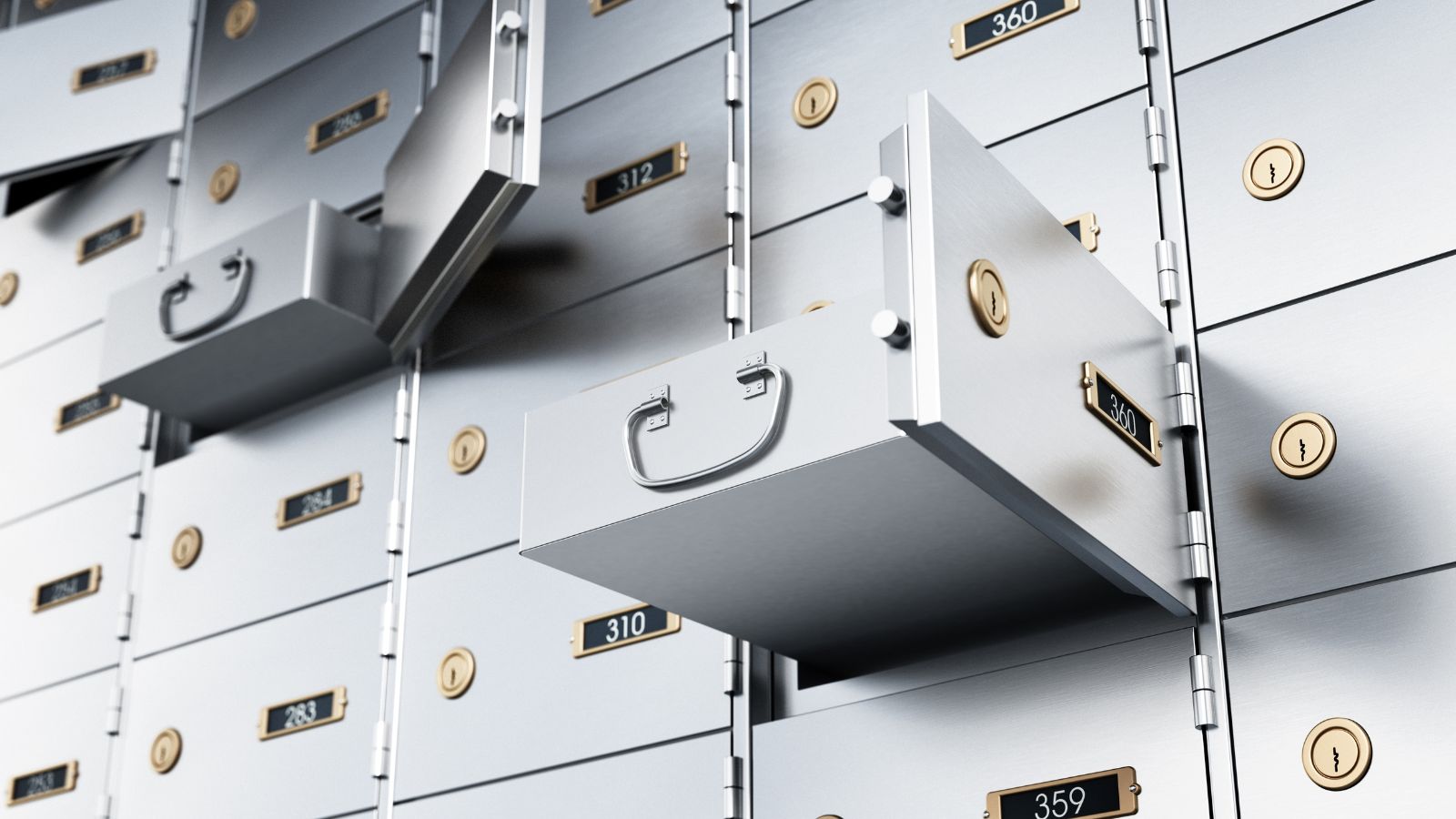
Safety deposit boxes can be huge targets for thieves. There have been many high-profile cases of deposit boxes being broken into, and security will vary between different businesses. Even in a bank, your items aren’t guaranteed to be safe.
Human Error Can Be Disastrous

Every business has human employees at its heart, and many are wonderful at their jobs. But sometimes, mistakes can happen. Security deposit boxes have been mixed up and even accidentally drilled into, which could cause your items to become lost or damaged.
Regulations Can Change

Banking regulations are never set in stone, and changes could affect the terms of service for your security deposit box. It’s always possible that new laws will be passed that add new restrictions or requirements to renting a box. This can get even more complicated if you’re renting a box internationally.
Losing Your Keys Can Cause Major Issues
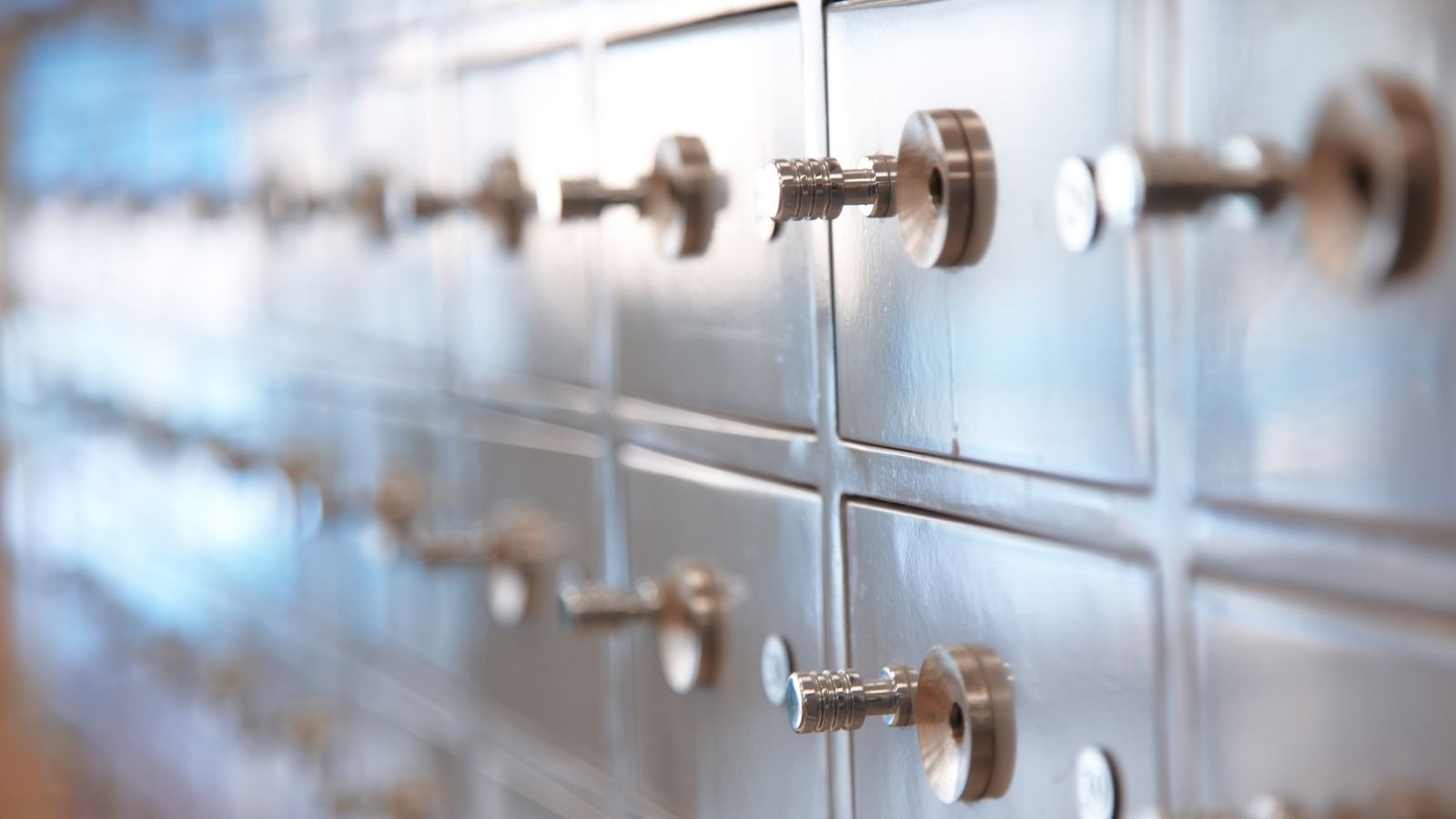
We all lose things sometimes – perhaps you’re thinking about a safety deposit box to avoid that issue! But if you lose the keys to your box, then the process of getting new ones and accessing your items can be long and difficult. You might also be charged additional fees for losing your keys.
You’re Dependent On One Place
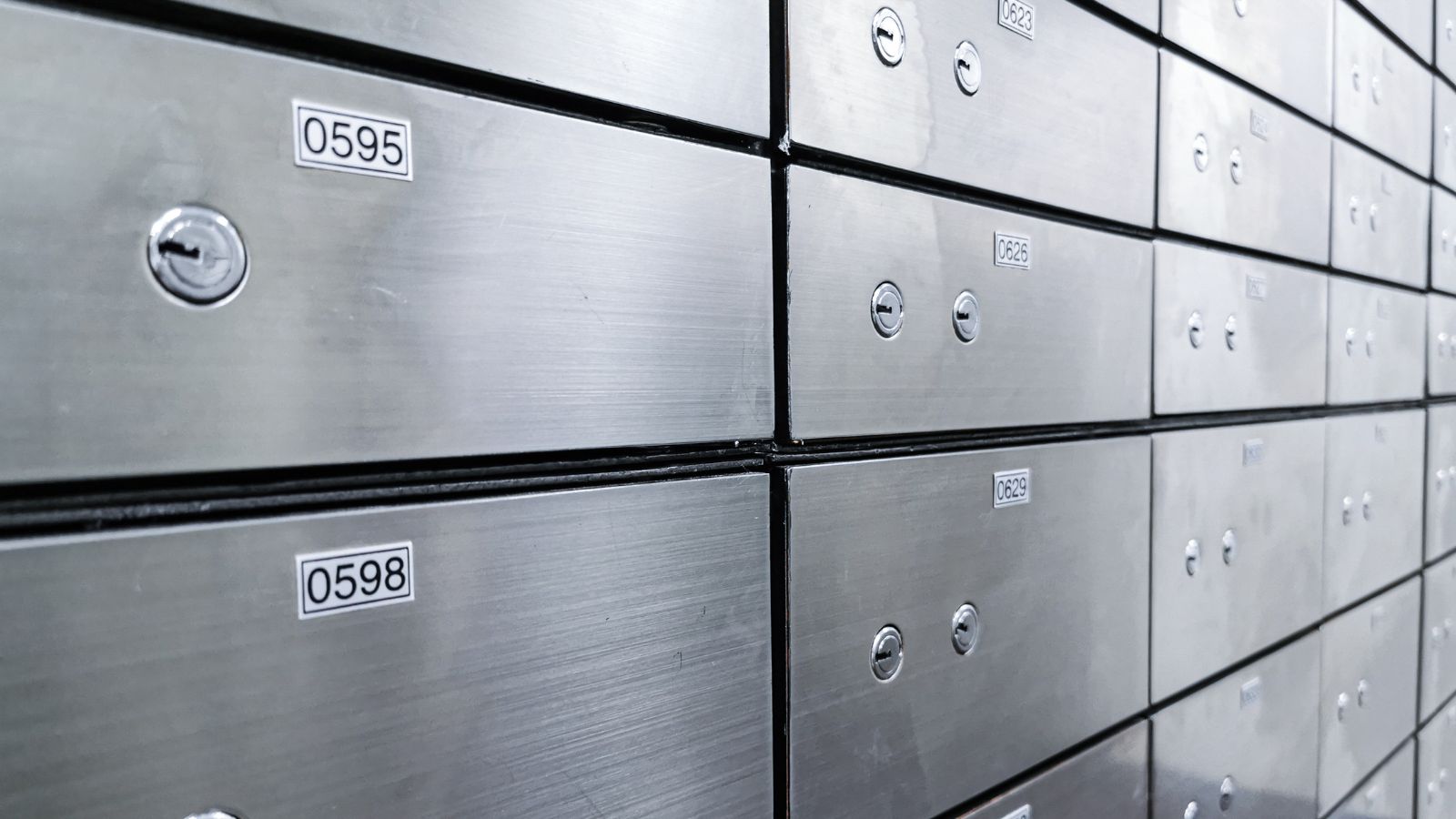
Using a single safety deposit box, or even several in the same building, is like putting all your eggs into the same basket. If anything happens to the business, you might not be able to access your items for some time, and you’ll have to remain close by to have regular, easy access.
Rules Can Be Strict

Since you have agreed to a contract or the terms and conditions of the business securing your safety deposit box for you, you’ll also have to agree to their rules. They might have strict limitations on what you can and can’t store, as well as visiting times and the frequency of your visits.
Storage Can Damage Items
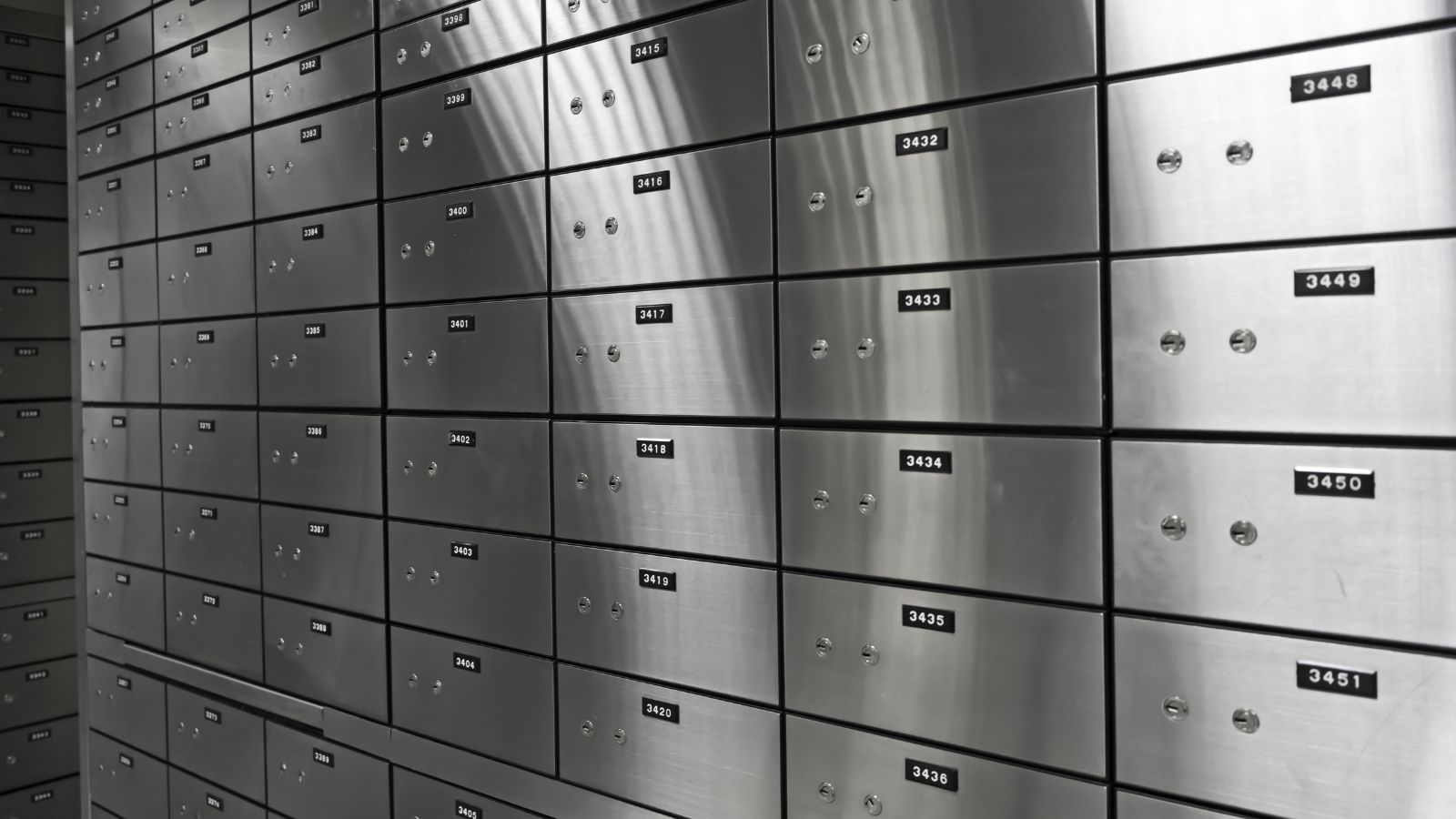
It’s not just natural disasters and human errors that you have to watch out for. Sometimes, bank vaults don’t have good enough climate control, causing humidity and mold. The New York Times also reported that some businesses can “deflect responsibility when valuables are damaged or go missing.”
Documents Are Safer When Digitally Stored
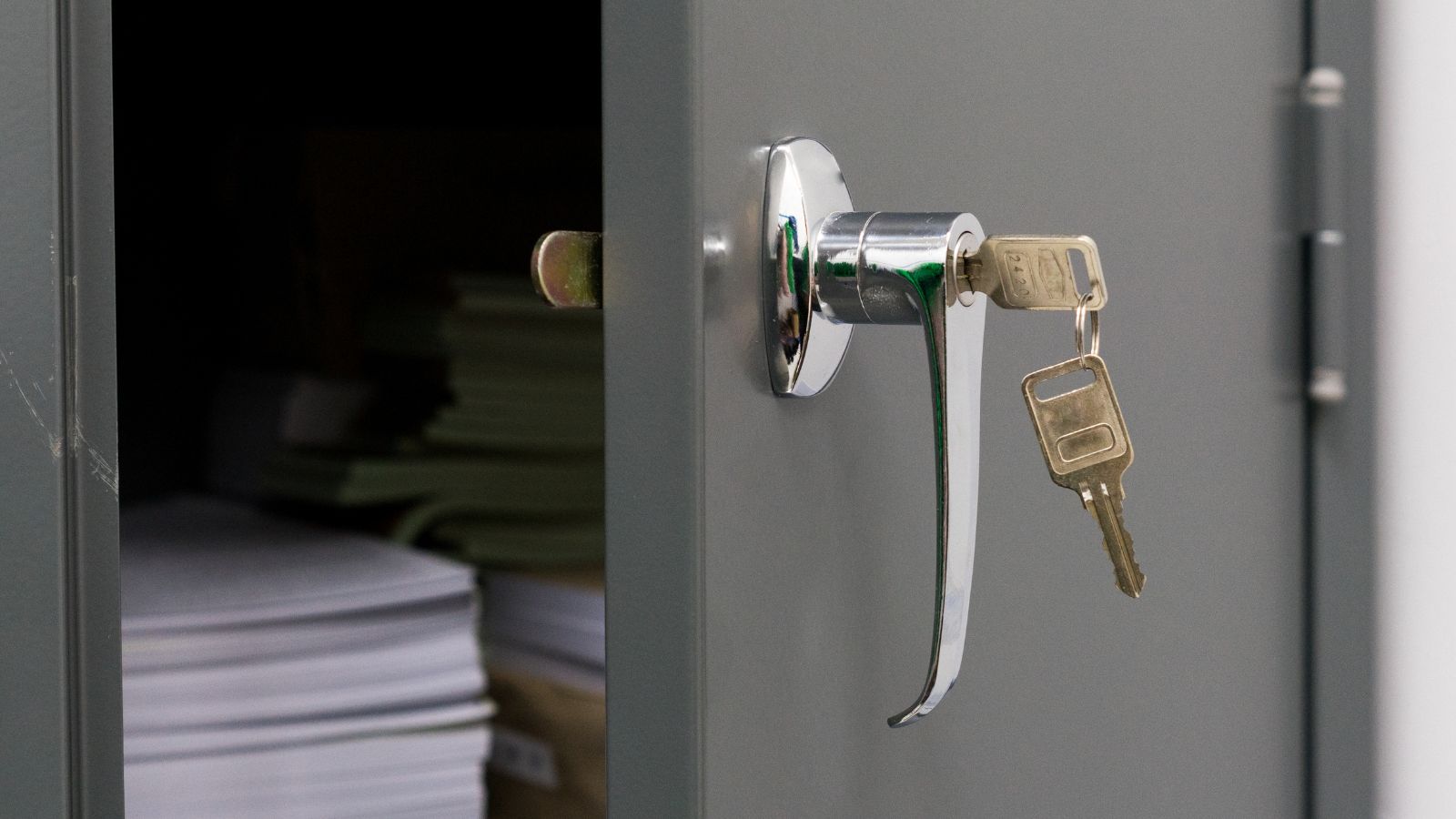
Sometimes, it’s best to go with the flow of the modern world, especially when it comes to storing documents. It’s so easy to scan and upload your important documents to hard drives or cloud storage. This can be cheaper – sometimes even free – and even more secure than physical safety deposit boxes.
You Could Be Denied Access In An Emergency

Safety deposit boxes won’t always be accommodating when you need access to your items immediately. Time-sensitive situations where you really need access as soon as possible could be delayed by bank schedules or the need for an appointment. In medical or personal emergencies, this can seriously slow you down.
There Could Be Strict Legal Restrictions

In addition to following the bank or business’s rules, you’ll also need to consider legal limitations. Depending on your state, these can be quite harsh, and there could be penalties for even accidental non-compliance. For example, some states might not let you store weapons.
Joint Access Can Be Difficult To Manage

Lastly, let’s look at why joint access to a safety deposit can be a drawback. You may want joint access with your spouse or another person, but adding and removing authorized people to and from your box is difficult and can cause complications in emergency situations where the other person isn’t present.
Up Next: 19 Completely False Things About America That Foreigners Think Are True
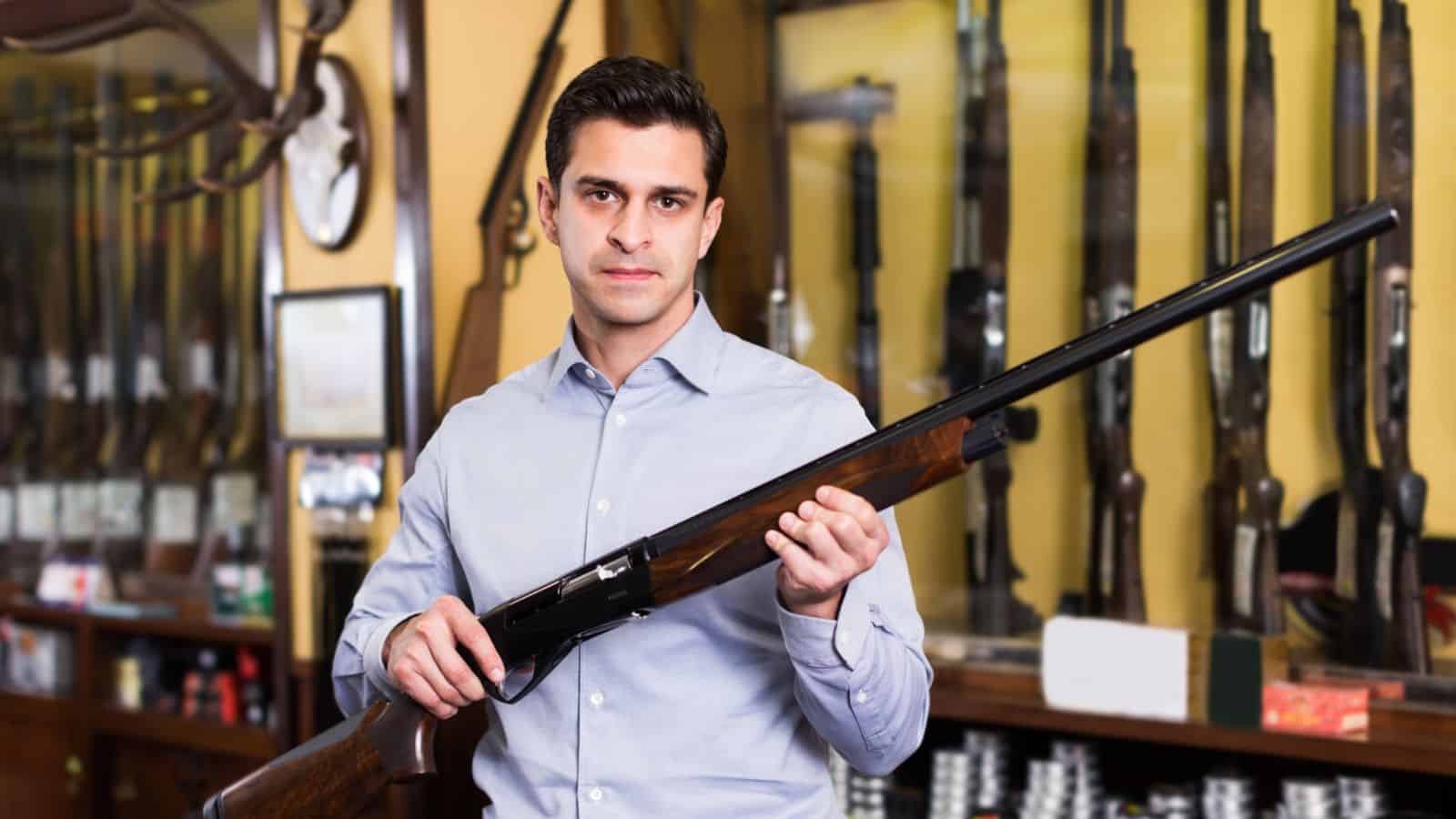
The U.S. is arguably the most famous country in the world, and people from far-off places often know our flag and president’s name! However, a lot of media coverage and exported movies mean plenty of opportunities for misunderstanding and stereotyping. Here are 19 false assumptions non-Americans often make about ‘the land of the free!’
19 Completely False Things About America That Foreigners Think Are True
20 Loyal Dog Breeds That Will Never Leave Your Side

Since early humans first fed a wolf around a campfire, dogs have been our constant companions and are renowned for making strong bonds with their owners. But which specific types of dogs make the most loyal and devoted pets? This article describes the 20 most unwaveringly loyal canine breeds and the characteristics that make them the ultimate ‘ride or die’ pets!
20 Loyal Dog Breeds That Will Never Leave Your Side
18 Reasons Older Men Say ‘Nope’ To Relationships

Older men embrace being alone and generally prefer spending time in solitude. They’ve had a full, so don’t criticize them for being less social! The following 18 reasons explain why older men prefer to be alone and are redefining how they experience their retirement years.
